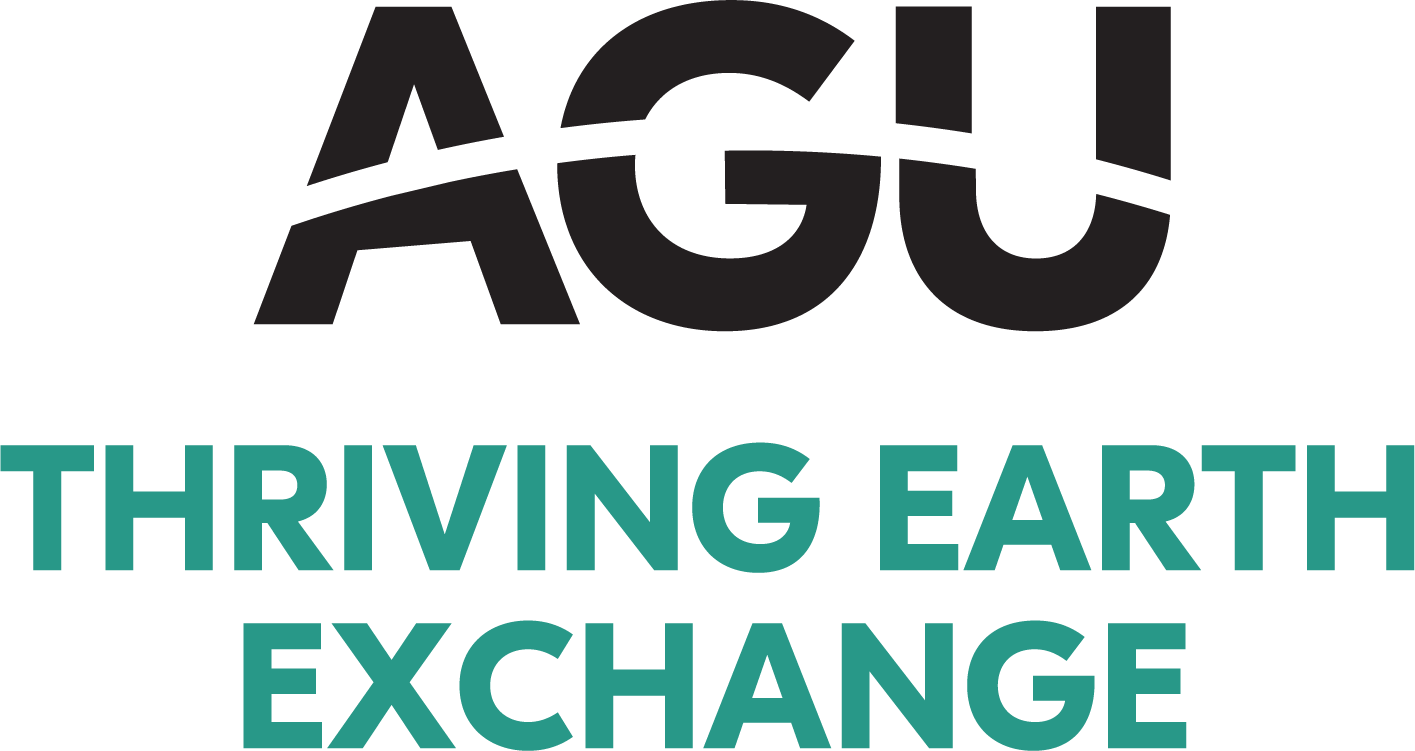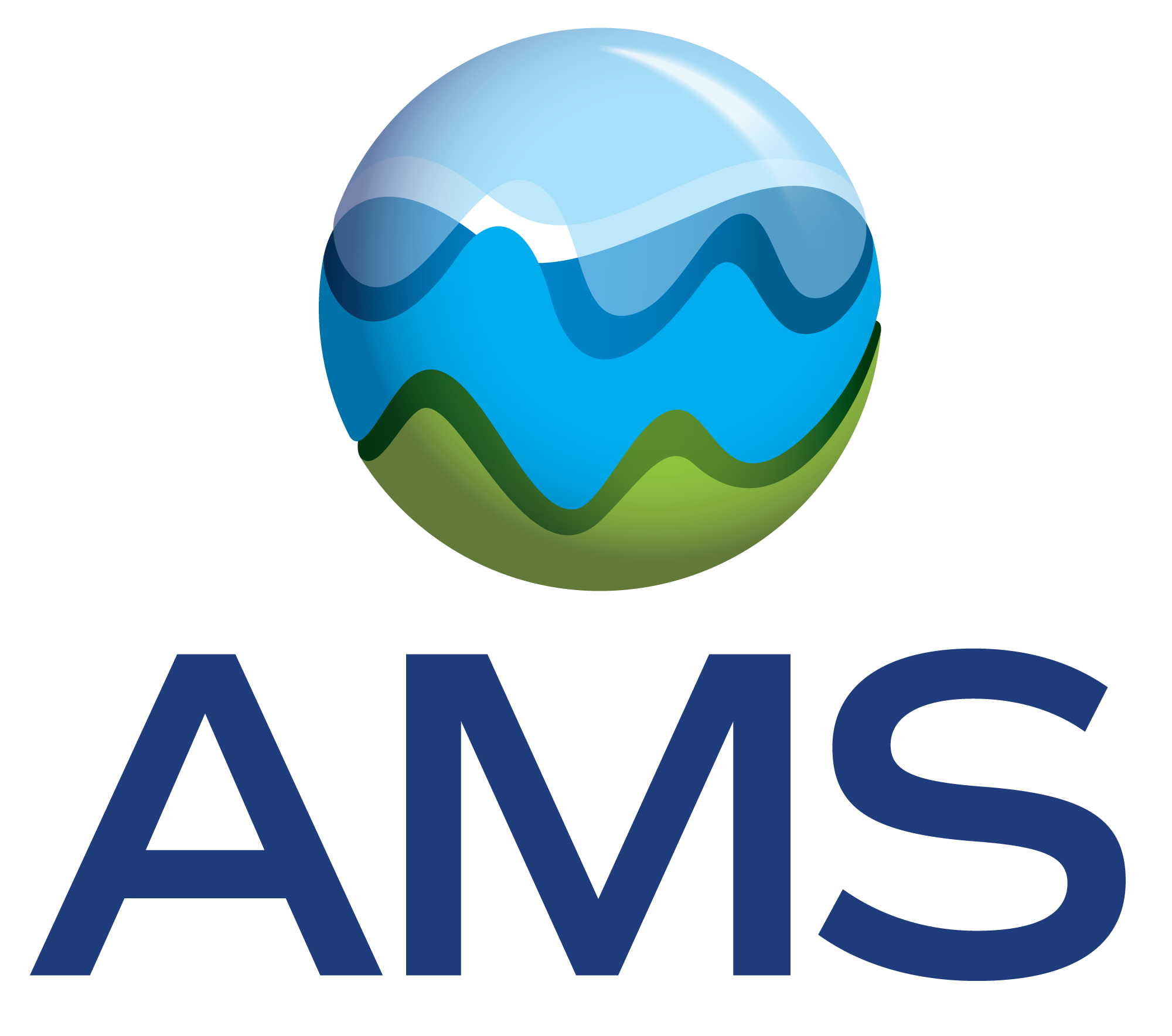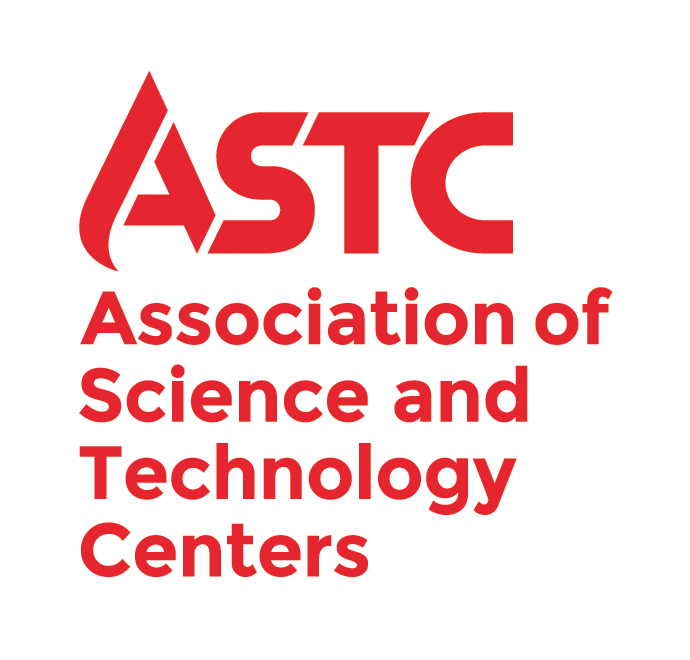The American Meteorological Society (AMS), Association of Science and Technology Centers (ASTC), and AGU Thriving Earth Exchange are partnering to launch a series of community science projects that will leverage and enhance the connectivity of our networks for local impact with communities. These projects will use science to advance community priorities and contribute to a growing movement toward engaged, community-driven science. (More about who’s involved here.)
[ezcol_1third]
 [/ezcol_1third] [ezcol_1third]
[/ezcol_1third] [ezcol_1third] [/ezcol_1third] [ezcol_1third_end]
[/ezcol_1third] [ezcol_1third_end] [/ezcol_1third_end]
[/ezcol_1third_end]
Call for Community Science Fellows
Community Science Fellows are committed volunteers who are eager to facilitate and lead collaborative, co-developed community science projects that produce on-the-ground impact in local communities. Fellows selected for this cohort will receive training in the Thriving Earth Exchange community science process, mentorship from AMS, ASTC and AGU Thriving Earth Exchange staff, connectivity to a growing network of Community Science Fellows, and the opportunity to serve as leaders in the community science movement. The skills that Fellows hone prepare them to manage diverse teams, work across disciplinary boundaries, and connect science to action.
Selected Community Science Fellows will be required to participate in a 2-day training workshop on January 28-29, 2021. There is no cost to Fellows to participate; travel and lodging will be provided, with expenses reimbursable. Please note: this training will be online if COVID-19 restrictions do not allow for an in-person meeting
Continue reading for more information. Ready to apply? Click here.
What to Expect
This is a volunteer service and professional development opportunity. Selected Fellows will be trained by AMS, ASTC and AGU Thriving Earth Exchange staff, assigned to a staff mentor, and matched to a community* interested in working with a scientist to advance a local priority. Projects will cover a range of themes related to climate change, meteorology, hydrology, resilience, sustainability, and health.
Projects launched through this cohort will not be provided with funding. The Fellows and scientists will help to design projects that can have an impact on the community priority with creativity, in-kind support, and resources at hand. Examples of past projects include Assessing Flood Risks for Community-Led Action in Gulfport, Mississippi, Updating a Climate Vulnerability Assessment in Santa Cruz, California, and Monitoring Plastic Pollution in Staunton, Virginia, among many others!
Projects are expected to begin in January 2021, but timelines are subject to change due to COVID-19. Once launched, projects will conclude within 6-12 months. Fellows will participate as a member of a cohort of approximately eight Fellows, with opportunities to engage with past and present Fellows from several cohorts.
Special Opportunity: We especially invite AMS and ASTC members to share this call for applications with their communities* and apply for participation in this cohort together with a local leader.
- To do so, apply separately as a Fellow and as a community, and reference one another where asked in the applications.
If you do not have a pre-existing relationship with local community leaders, this is a great opportunity to build one. (Guidance and recommendations for reaching out available here.) Alternatively, you may apply without a community partner and we will try to match you with a local community.
*Our definition of community is wide and may include municipal governments, community-based organizations, faith-based groups, indigenous groups, grassroots collectives, etc.
Preferred qualities for Community Science Fellows supporting 2020 AMS/ASTC/Thriving Earth Exchange cohort communities include:
- Enthusiasm for engaging with AMS, ASTC, and AGU Thriving Earth Exchange, including a willingness and ability to be reflective about the role and the program; and enthusiasm for the Fellow role, including a commitment to and experience in (or strong intent to pursue) community science. Examples of this might be:
- experience working with diverse stakeholders and projects (this may include low-income/disadvantaged communities and those that have not had an opportunity to engage with science)
- a passion for elevating community-led action and local priorities
- a strong desire to support community-led engagement with a variety of audiences, including policy makers and the media
- evidence of consistent and long-term volunteer work or community engagement
- Humility, an ability to listen, and strong communication skills. Examples of this might be:
- an aptitude for science communication
- desire to speak out about the value of connecting community priorities with science and the importance of science in local communities, and to help others do the same
- experience or willingness to engage diverse individuals, organizations, and communities in communication and ongoing conversations
- leadership experience in multidisciplinary/culturally sensitive environments
- Qualifications:
- undergraduate degree or a minimum of 3 years experience working in a science-related or informal STEM-learning field
- project management and facilitation skills
- at any career stage
- a formal science background is not required but some interest/familiarity is necessary
- Ability to attend the Community Science Fellow training workshop in person on January 28-29 in Washington, D.C. (travel and lodging provided). Note: this training will be online if COVID-19 restrictions do not allow for an in-person meeting
While it is often beneficial for Community Science Fellows to be located near the communities they support, it is not required. Currently Fellows must reside within the United States or a U.S. Territory.
Note: Prior to engaging in this cohort, all Fellows are asked to read and acknowledge the following documents which describe the principles and ethics behind these collaborations. Should you have any questions regarding these documents or their contents, please don’t hesitate to contact [email protected].
- Thriving Earth Exchange Statement on Integrity in Community Science
- Managing and Understanding Risk in Thriving Earth Exchange
- AMS Code of Conduct
- ASTC Code of Conduct
Applications for this Fellowship cohort are no longer being accepted. Register for Thriving Earth Exchange’s monthly newsletter to be notified of our next cohort launch.
